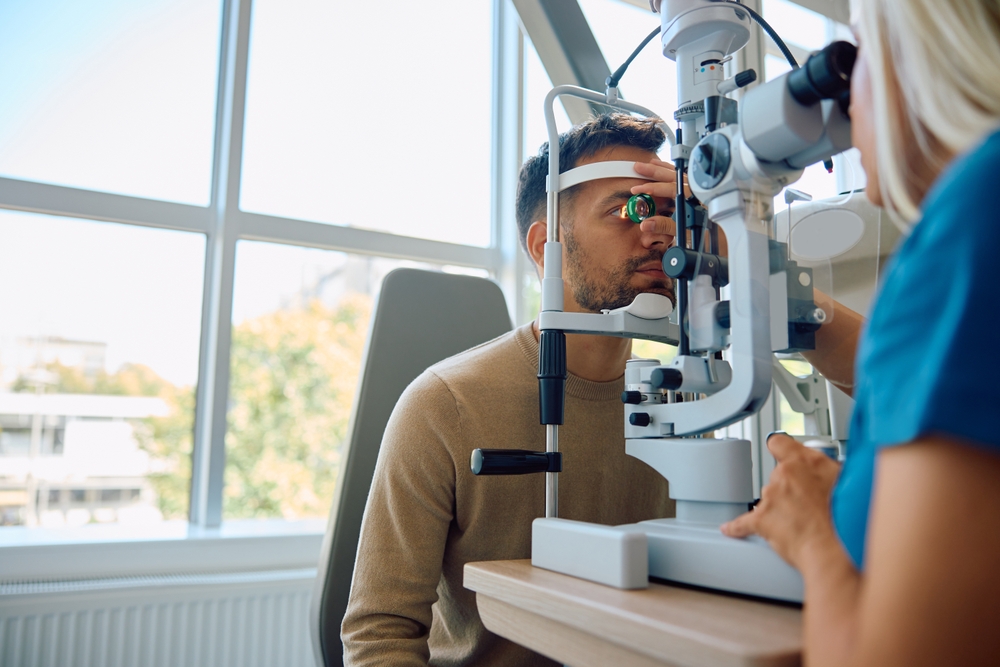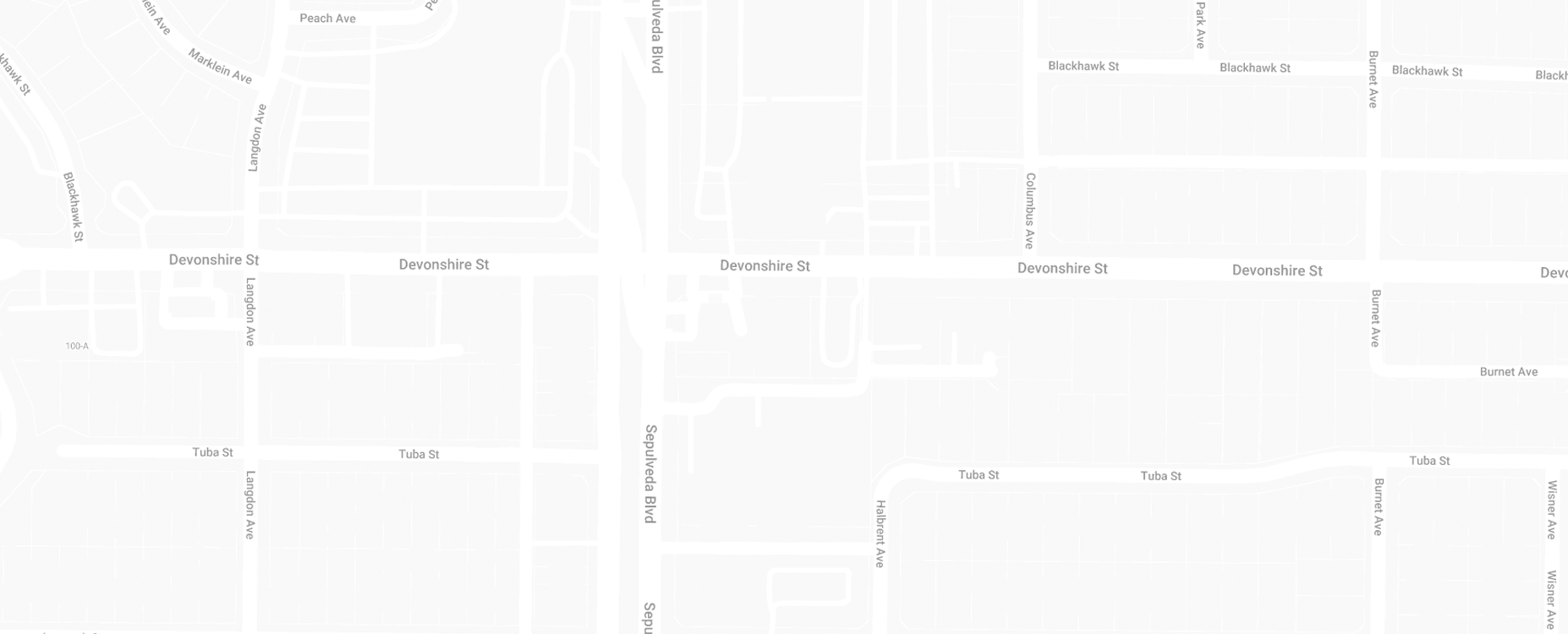
Routine eye exams play a pivotal role in maintaining good ocular health. They are vital for detecting any issues early on, which can be crucial in preventing more serious conditions from developing. Through these exams, your optometrist can offer advice on how to care for your eyes and potentially adjust your lifestyle to promote better ocular health.
The Process of a Comprehensive Eye Exam
When you attend a comprehensive eye exam, you're investing in an in-depth assessment of your vision and the health of your eyes. This process is thorough, designed to detect even the slightest irregularities that may indicate the onset of vision problems or eye diseases.
Your comprehensive eye exam typically begins with a discussion of your personal and family medical history. This conversation is crucial, as it informs the optometrist about any hereditary conditions or health issues that could affect your eyes. Next, you will undergo a series of tests. These might include a visual acuity test to measure the sharpness of your vision, a refraction assessment to determine the right prescription for glasses or contact lenses, and an examination of how your eyes work together.
Your optometrist will also inspect the health of your eyes. They will look at the external parts such as the eyelids, cornea, and sclera, and also examine the internal structures like the retina and optic nerve. This is often done with the aid of special drops that dilate your pupils, allowing a better view inside your eyes. These comprehensive evaluations are designed to identify any signs of eye conditions that might require further attention or treatment.
Common Eye Conditions Detected Through Regular Exams
Your eyes are complex organs, and there are several common conditions that can affect them. Through regular exams, these conditions can be detected and managed effectively. For instance, refractive errors such as myopia (nearsightedness), hyperopia (farsightedness), astigmatism, and presbyopia (age-related difficulty in focusing on close objects) are common and can usually be corrected with glasses or contact lenses.
More serious conditions such as glaucoma, which is caused by increased pressure inside the eye that can damage the optic nerve, can be asymptomatic in its early stages and only detectable through a comprehensive eye exam. Similarly, conditions such as age-related macular degeneration (AMD) and diabetic retinopathy can lead to significant vision loss but often have no warning signs until they are well advanced.
Eye exams can also detect cataracts, which are characterized by a clouding of the eye's lens, leading to blurred vision. While cataracts generally develop slowly, routine exams can monitor their progression, allowing you to discuss and plan for potential corrective surgery with your eye care provider. This is why attending regular eye examinations is crucial for the timely diagnosis and treatment of these and other conditions.
Early Detection and Intervention
Routine eye exams are not just about updating your prescription or choosing new glasses; they are a preventive measure for maintaining your ocular health. Early detection of eye diseases is often key to preserving your vision. Many eye conditions, if caught early, can be treated successfully, avoiding or minimizing long-term damage to your vision.
Routine eye exams also allow for the monitoring of changes in your vision over time. Your eye care professional can adjust your care plan based on these changes to ensure optimal eye health. Furthermore, these exams can serve as a form of intervention, where your optometrist can provide you with recommendations for protecting your eyes from strain, injury, and other risks that could compromise your ocular health.
Ensuring Ocular Health Through Routine Eye Exams
The health of your eyes is a vital component of your overall well-being and quality of life. Routine eye exams are a cornerstone of ocular health, offering the chance for early detection and intervention for a variety of eye conditions. These regular check-ups are crucial in ensuring that your vision remains clear and your eyes healthy for years to come.
Take the proactive step towards preserving your vision and ensuring your eyes are in the best possible condition, schedule your next routine eye exam today. Visit Firefleye Optometry at our office in Mission Hills, California. Please call (818) 361-4020 to book an appointment today.






